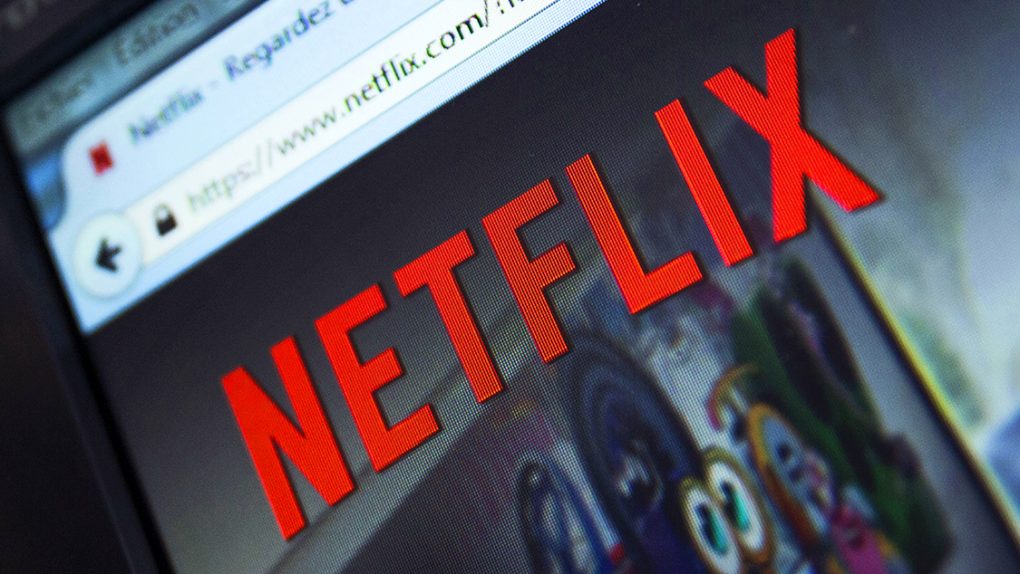A few days ago, we learned that Netflix is testing a new way to charge for subscriptions that bypasses Apple’s App Store. Rather than having Apple take 30% from each subscription the first year and then 15% in each subsequent year, Netflix is looking at a way to have new customers sign up through the web rather than the iOS app. Netflix has done the same thing over on Android, where it no longer lets users pay for subscriptions via in-app purchases that would generate commissions for Google.
As we already explained, Netflix doesn’t need the App Store to succeed at this point, because any smart device user has heard of the service and knows how it all works. But cutting Apple out of the subscription process at this particular point in time might not be related to profits.
Saving 30% or 15% sounds great on paper, and could generate additional revenue that helps Netflix’s earnings performance each quarter. It could be seen as a win-win for Netflix and users, not so much for Apple. But a note from Macquarie Research seen by Apple Insider suggests that the move will only give Netflix a “modest” revenue boost. Netflix revenue would increase by an estimated 1% in 2019 as a result of the move, but only if Netflix doesn’t lose any sign-ups by forcing customers to subscribe outside of iOS devices.
The trial might not even make it to the US, as Macquarie thinks there’s not much long-term benefit to be gained because Netflix already has a huge subscriber base and there are plenty of iPhones in use in the US. One way to make it worthwhile would be to find a way to convince all iOS users to re-subscribe for Netflix via the website.
That’s why the trial is being conducted in international markets, where Netflix might benefit more from the move. Even still, the analysts warn that sign ups might be impacted, as some 35% of new Netflix customers come via app stores on mobile devices. With all that in mind, the real reason Netflix is doing all this right now may be a lot simpler: Because it can.
Don’t get me wrong, Netflix has been known far and wide for years, and it could have pulled the same move a long time ago, without worrying too much about losing out on sign-ups. But in the past, Apple could have indeed retaliated against Netflix. The iPhone maker could have figured out ways to temporarily remove the Netflix app from its store for reasons such as telling users to subscribe for the service on a website rather than inside the app.
Now, it doesn’t look like Apple will have any real choice but to accept Netflix’s changes and move on. That’s because Apple will soon launch its own video streaming service that will compete directly against Netflix. With that big picture in mind, any action against Netflix in response to its refusal to pay the App Store fee might be seen as anti-competitive behavior.
A story in the New York Times earlier this week about Apple buying the rights to series for a New York Times climate change article had this little perk in it:
Apple has said it will start streaming its television offerings next year when it will begin competing against Netflix, Amazon, and Hulu in earnest.
The closer Apple’s streaming service gets the more it makes sense for Netflix — and any other competing service that’s still paying the App Store fee — to remove in-app payments. Also, let’s not forget that Netflix has had an iOS app since 2010, but it only allowed customers to buy subscriptions from inside the app beginning in late September 2015. Unlike Spotify, which passed the 30% fee to customers paying for Premium via the iOS app, Netflix kept its prices the same across devices, taking the hit itself.
Spotify has sparred with Apple over the years about its app and App Store fees, and it ended up removing the in-app payment option. In spite of all that, the music service is still available in the App Store, competing directly against Apple Music. And Spotify is now advising new users to cancel their subscriptions, if they paid inside the app, and re-subscribe directly with the site.
It’s one thing for Apple to take on Spotify alone. But if more big names — think Amazon, Netflix, Spotify, and others — start complaining about App Store practices to regulators, it wouldn’t be good news for Apple. We’ve seen what can happen when competitors go after you, especially in Europe. Just ask Microsoft and Google.








